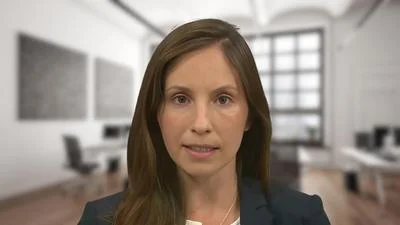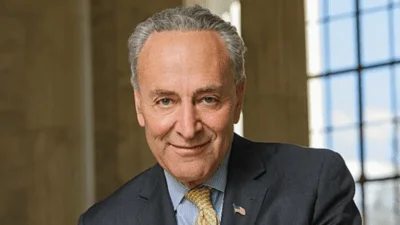Today’s hearing is this Committee’s first examination of what tax reform might mean for a specific set of tax provisions - those designed to promote retirement savings.
Tax preferred retirement savings have benefitted tens of millions of American families. The estimates of exactly how many vary, but most find that 40 to 50 percent of all workers are covered by an employer sponsored retirement plan - some 60 to 70 million people.
Employer-sponsored plans, including defined contribution and defined benefit plans, private and public sector, hold assets of $9.3 trillion as of the end of last year. An additional 49 million households hold $4.7 trillion in Individual Retirement Accounts, or IRAs.
The tax-preferred retirement system is voluntary. Employers are not required to offer retirement plans, but I think we’ll hear today that employers basically understand the current system and it works for them in terms of allowing them to offer retirement benefits to their workers.
I’d note that most of this Committee agrees with that. Mr. Gerlach and Mr. Neal have introduced a resolution essentially in support of our current system. It has been co-sponsored by 115 Members, including 26 Members of this Committee, reflecting I think bi-partisan agreement that these provisions are vital to encouraging retirement savings.
That is not to say the current system cannot be improved, of course it can be. Today I believe we will hear about several ways to do that, including proposals to expand enrollment in 401(k)s and IRAs, and to expand the saver’s credit.
But what should be clear is that the basic structure of our current system should be preserved, and that this structure should not be repealed to pay for tax reform. Tax reform should approach retirement savings incentives with an eye toward strengthening our current system and expanding participation, not as an opportunity to find revenue.
I think one of our witnesses, Mr. Hardock, summed this up very nicely in his written testimony: “The retirement savings tax expenditures should not be reduced or tinkered with to pay for other initiatives, whether inside or outside a tax reform process… [T]hose funds are the primary retirement nest eggs of millions of American families. They should not be taxed in order to finance more government spending, deficit reduction, or to offset other tax initiatives (including lower marginal tax rates)."
Finally, I want to just note that while today’s hearing is focused on defined contribution plans, our retirement security policy in this country has traditionally been a “three-legged stool" with personal saving constituting just one of those legs. The other two legs, defined benefit pensions and Social Security, are also vital components of ensuring Americans’ retirement security.
Thank you, and I look forward to your testimony.









